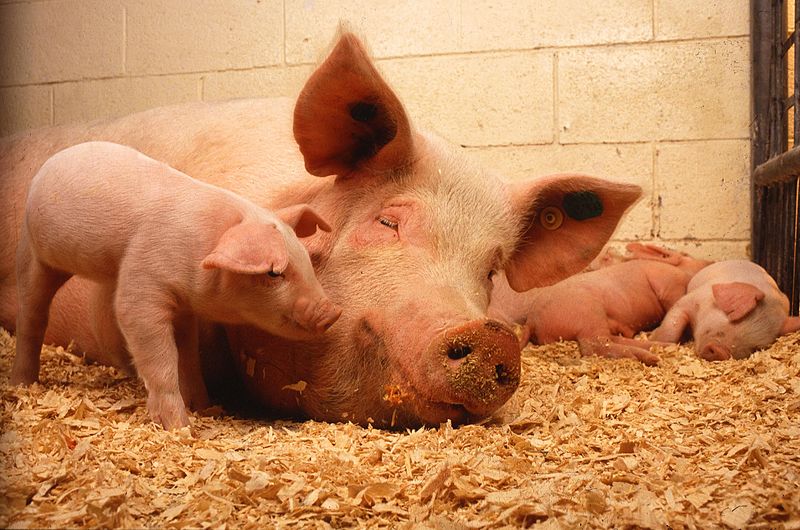For the third time in the US this year, federal health officials are reporting a human case of novel influenza A virus infection (previous cases are reported HERE and HERE). According to the Centers for Disease Control and Prevention, the human infection case was reported by the state of Minnesota.

The person was infected with an influenza A (H3N2) variant (H3N2v) virus and was hospitalized as a result of their illness. No human-to-human transmission has been identified and the case reported close contact with swine in the week prior to illness onset.
The CDC describes variant influenza viruses as follows:
When an influenza virus that normally circulates in swine (but not people) is detected in a person, it is called a “variant influenza virus.” For example, if a swine origin influenza A H3N2 virus is detected in a person, that virus will be called an “H3N2 variant” virus or “H3N2v” virus.
Most commonly, human infections with variant viruses have occurred in people exposed to infected pigs (e.g. children near pigs at a fair or workers in the swine industry). In addition, there have been documented cases of multiple persons becoming sick after exposure to one or more sick pigs. Also cases of limited person-to-person spread of variant viruses have occurred.
Related news:
Leprosy: Florida provides informational video; What is the true case count?
New Mexico’s first human plague case? Awaiting confirmation testing
Ontario: Mycobacterium marinum cluster linked to handling shrimp


2 thoughts on “Minnesota reports H3N2v ‘swine flu’ case”